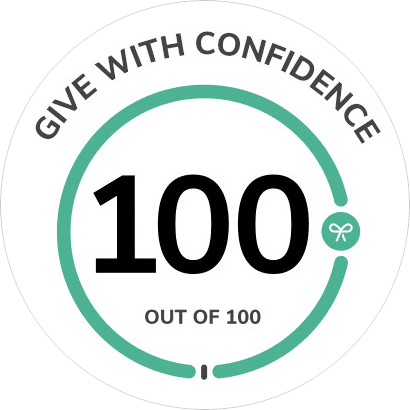Spanish is the second most common native language of the world, behind Mandarin. It is the predominant language of countries in Europe, Africa, the Pacific, and North, Central, and South America. It is so widely spoken that it is the second language used in official international communication. During my recent visit to Central America I learned how to be a primarily English-speaker in a Spanish-speaking environment. There are a few approaches to this situation that helped me to improve my Spanish and introduced me to opportunities that would not have been available to me otherwise.
The most important strategy I learned is to speak Spanish even when you are not confident in your ability. Visiting a Spanish-speaking country is a great opportunity to practice conversation skills. Some Spanish-speakers will know some English, depending on the amount of tourism and education of the location. However, being forced to speak Spanish because the other person speaks no English is a nerve-wracking experience. The vulnerability of a limited vocabulary makes it even more difficult to recall the words that you know, much less the correct pronunciation. While I worried that listeners would become impatient, that was never the case during my visit. Instead, they were grateful that I was working to speak their language. It is polite to attempt to speak in the native language first and allow individuals to continue the conversation in the language they believe will be simplest in that instance.
My first meal in Costa Rica was at a small restaurant that was recommended to me by the hotel manager. After finding a seat, my waitress asked what I would like to drink. I asked her if she spoke English and she seemed worried as she said no. I assured her that it was okay and continued speaking in Spanish while she spoke more slowly for my sake. I ordered a “coca-cola” and went back to deciphering the menu. When my drink reached my table I was surprised to find that it was not the carbonated, caramel-colored drink that I expected, but resembled a coke float. The waitress had misheard my order and I tried a drink that was not even on the menu. To my surprise, I enjoyed the sweet beverage and was able to experience something unusual to me. The lesson from this experience carried throughout my stay in Central America.
Before visiting a country that speaks a language other than your own, it is important to review the most common phrases used by travelers. These include phrases used while asking for directions, eating in a restaurant, and purchasing items. While in Central America, I found a few phrases very useful:
• ¿Habla inglés?- Do you speak English?
• La cuenta, por favor.- The check, please.
• No entiendo.- I do not understand.
• Discúlpe…- Excuse me…
• ¿Cuánto cuesta?- How much is this?
• ¿Donde esta…?- Where is…
• ¡Muchisimas gracias!- Thank you very much!
There are many ways to become more comfortable speaking Spanish before visiting a foreign country. Spanish-speaking friends can be a great resource in strengthening conversation skills. There are many online resources that can provide flashcards, quizzes, and vocabulary lists. I have found that the best way to practice Spanish is an app called duoLingo. It provides games that the player must pass before he or she can reach the next level. These include matching pictures with sentences, creating sentences with words from a bank, hearing a sentence in Spanish and typing it in English, and much more. Reviewing before visiting a Spanish-speaking country will increase confidence and relieve some of the apprehension you may have.
I would recommend a visit to a Spanish-speaking country to anyone who knows basic Spanish. Keep in mind, this does not mean you have to be fluent. Maybe you only have classroom instruction and little conversation experience, like me. Or, you may have once been very practiced in the language but no longer have the confidence you did. Immersion is the best way to feel comfortable speaking a language and gain assurance in your ability. Do not forget that locals usually thoroughly enjoy conversing with those visiting from another country, and will appreciate attempts to speak their language. The patience you give yourself while practicing will pay off through the people you meet and opportunities you find in other languages and cultures.
Click here for more tips on preparing to communicate in a foreign language when volunteering abroad!
A few moments of vulnerability can become the experience of a lifetime. What stories can you tell about lessons learned from speaking a foreign language?
ABOUT UNITED PLANET
United Planet is a non-profit organization with a mission to create a global community, one relationship at a time. Established in 2001, United Planet offers volunteer abroad, virtual internships, internships abroad, gap year volunteering, and global virtual exchange in more than 40 countries.







